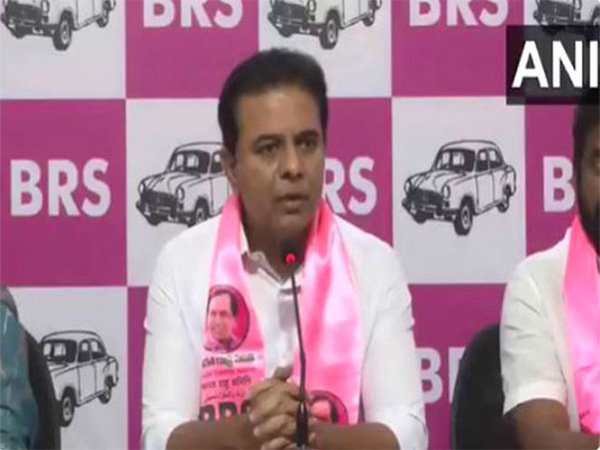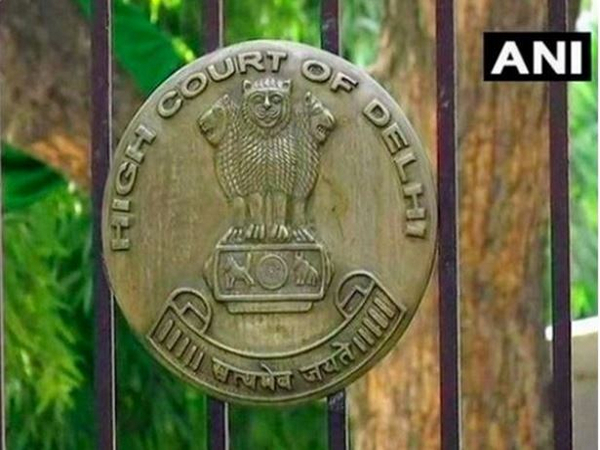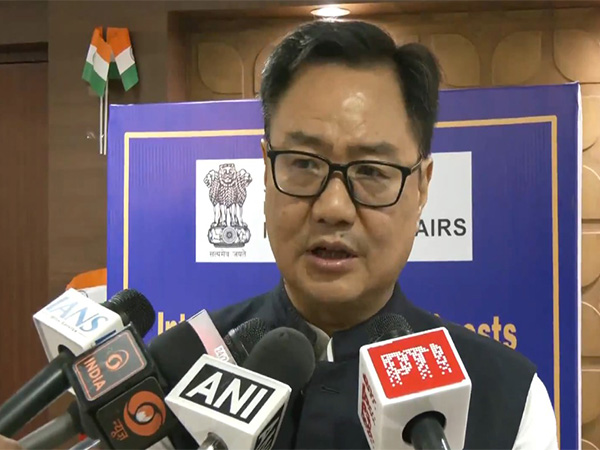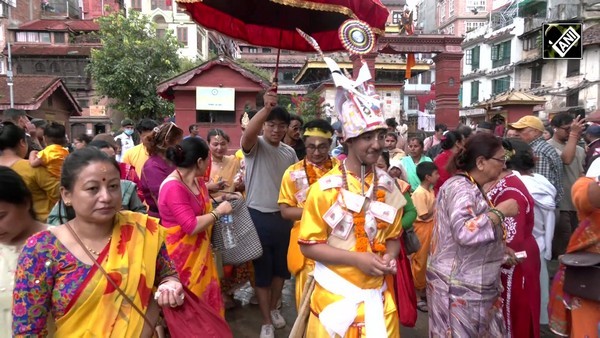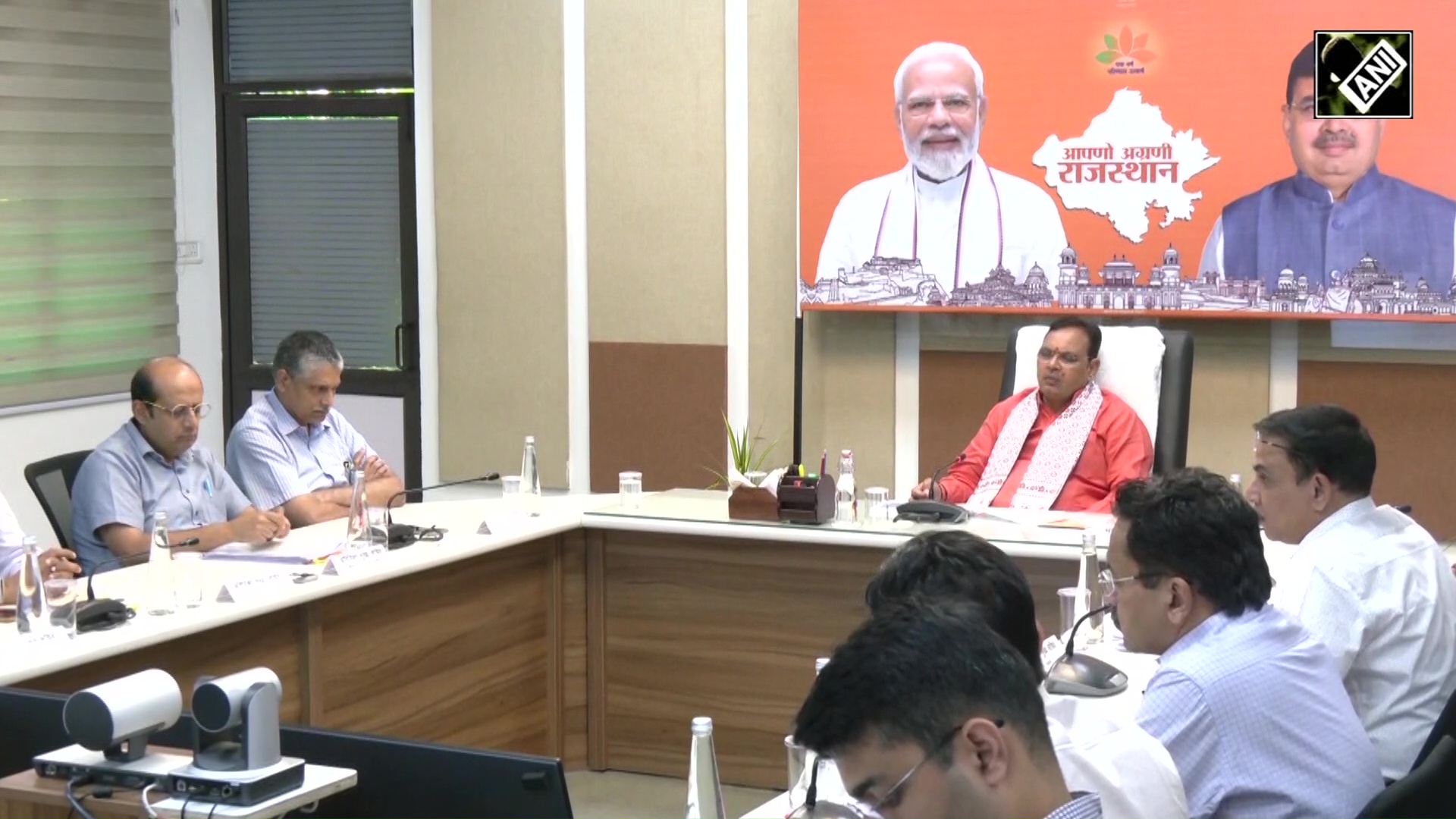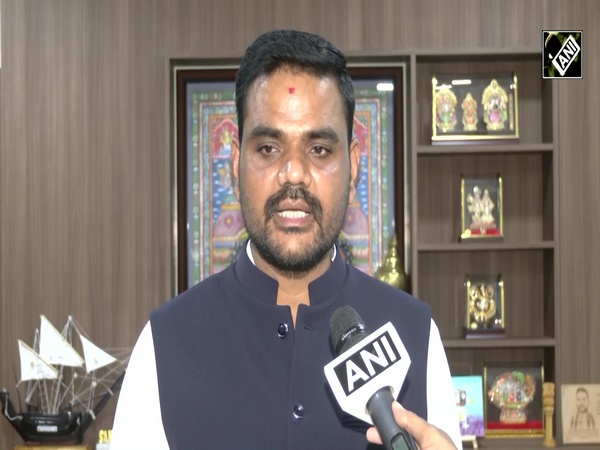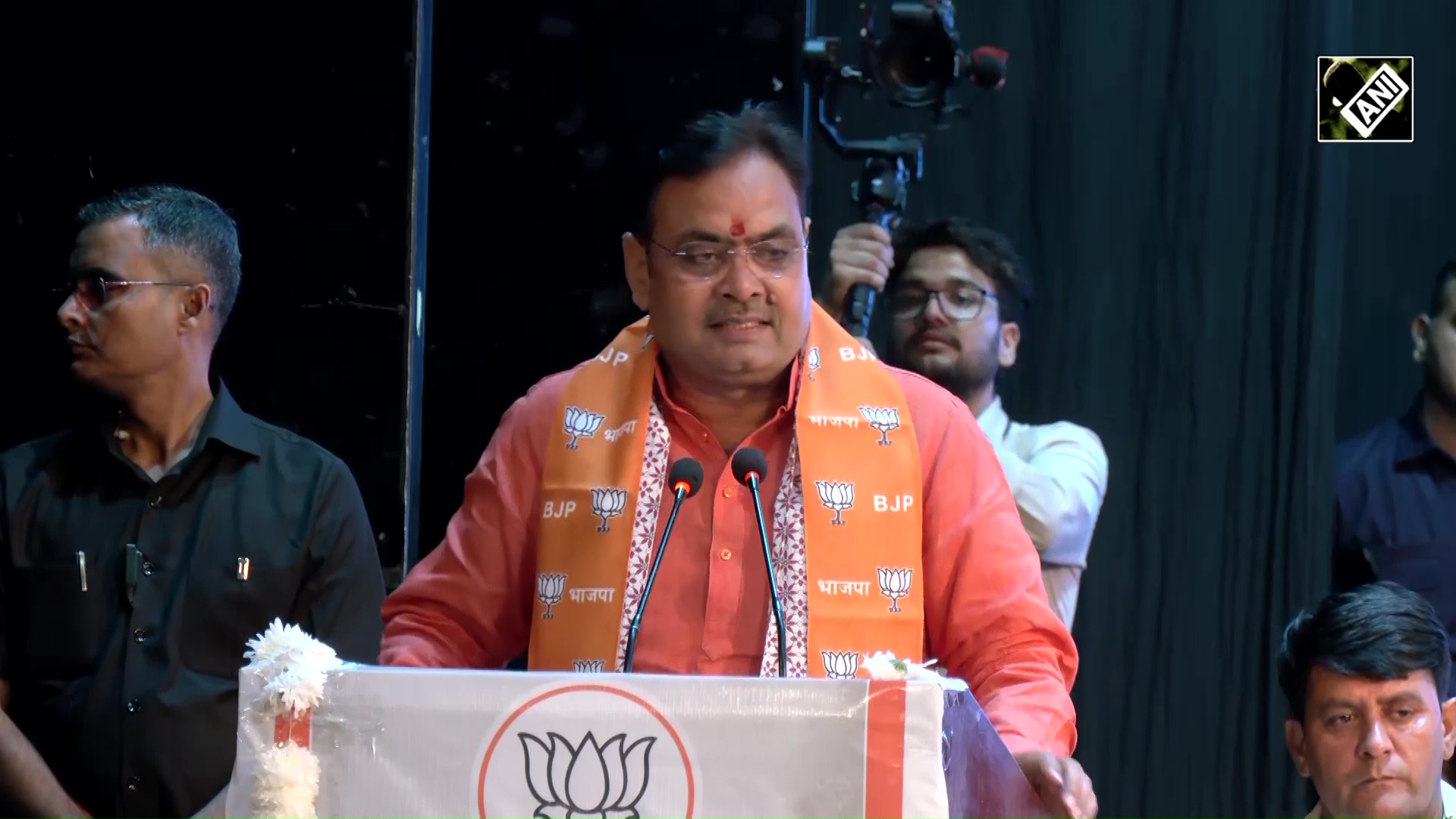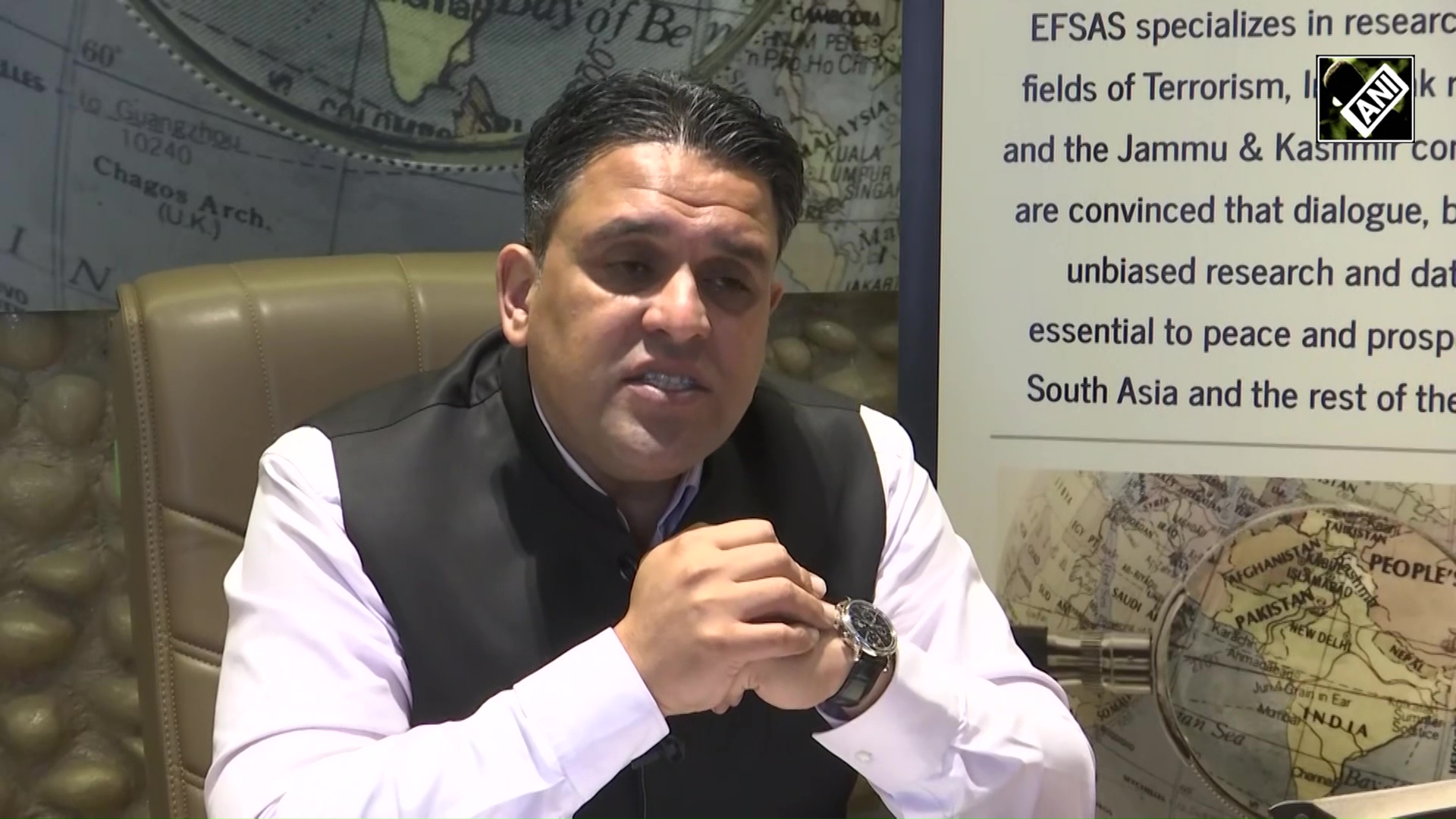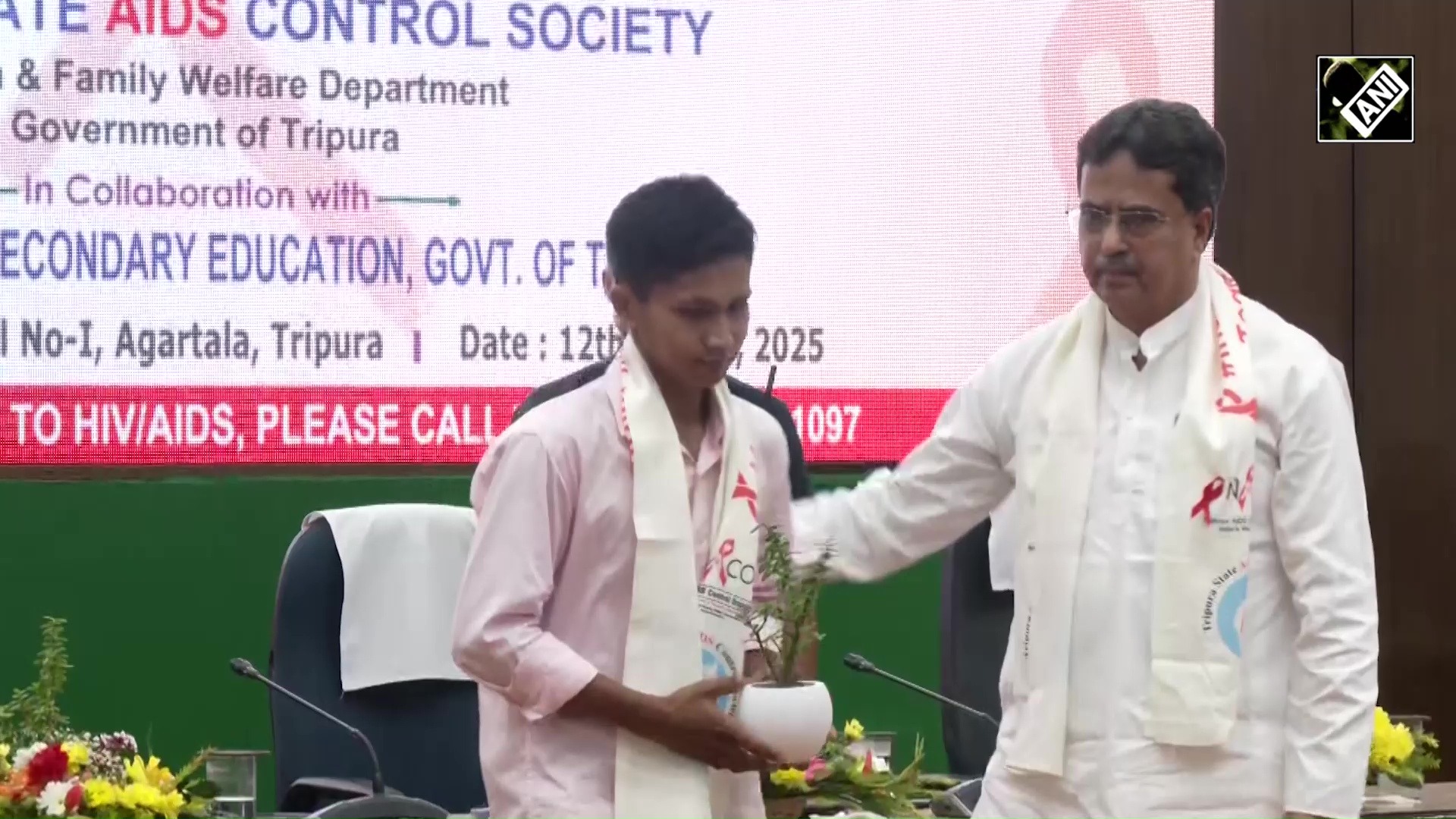'Karbi Anglong Agreement' ensures greater devolution of autonomy to KAAC, protection to Karbi people
Sep 04, 2021

New Delhi [India], September 4 : The historic 'Karbi Anglong Agreement' was signed on Saturday to end the decades-old crisis safeguarding Assam's territorial integrity and ensure "greater devolution of autonomy to the Karbi Anglong Autonomous Council (KAAC)", said the Ministry of Home Affairs (MHA).
According to MHA, the memorandum of the settlement will also ensure the protection of identity, language and culture of Karbi people and focused development of the Council area without affecting the territorial and administrative integrity of Assam.
In the agreement, signed in the presence of Union Home Minister Amit Shah, the Karbi armed groups have agreed to "abjure violence and join the peaceful democratic process as established by law of the land".
The agreement also provides for the rehabilitation of cadres of the armed groups, said a Home Ministry statement while giving the salient features of the pact, which is significant as insurgency by Karbi -- a major ethnic community of Assam -- groups, dotted by several factions and splinters, has had a long history in Assam, marked by killings, ethnic violence, abductions and taxation since the late 1980s.
As per the tripartite agreement, the government of Assam shall "set up a Karbi Welfare Council for focussed development of Karbi people living outside KAAC area".
The consolidated fund of Assam will be augmented to supplement the resources of KAAC, mentions the agreement.
Overall, the present settlement through the agreement proposes to give more legislative, executive, administrative and financial powers to KAAC.
Assam Chief Minister Himanta Biswa Sarma, Assam's former Chief Minister and present Union Minister of Ports, Shipping and Waterways Sarbananda Sonowal, Minister of State for Home Nityanad Rai, Chief Executive Member of KAAC Tuliram Ronghang, representatives of Karbi Longri North Cachar Hills Liberation Front ( KLNLF), People's Democratic Council of Karbi Longri (PDCK), United People's Liberation Army (UPLA), Karbi People's Liberation Tigers (KPLT), Karbi People's Liberation Tigers (R), and Karbi People's Liberation Tigers (M) factions along with senior officers from Union Ministry of Home Affairs and Government of Assam were present while signing the agreement.
A total of 1,040 militants of five insurgent groups of Karbi Anglong district ceremonially laid down arms at an event in Guwahati on February 25 in the presence of then Chief Minister Sarbananda Sonowal, a development which further bolsters the 'terrorism-free Assam' image of the current BJP-led government. Among the surrendered militants was Ingti Kathar Songbijit, a primary accused in multiple cases of militancy and ethnic violence in the state.
With this historic agreement, over 1,040 armed cadres have abjured violence and joined the mainstream of society.
A Home Ministry statement said that a Special Development Package of Rs 1,000 crore over five years will be given by the central government and Assam government to undertake specific projects for the development of Karbi areas.
After signing the agreements, Union Home Minister Shah said that the move is another milestone in Prime Minister Narendra Modi's vision of "insurgency free prosperous North East".
He said that today's historic Karbi Anglong agreement will be written in golden letters in the history of Assam and that the northeast has not only been an area of focus for Narendra Modi since he became Prime Minister. "All-round development of northeast, peace and prosperity there has also been the top priority for the government."
Shah said that it is the policy of the Modi government that those who give up arms are brought into the mainstream.
"We talk to them even more politely and give them more than they ask for. Due to this policy only, we are getting rid of old problems one by one that the Modi government had inherited," stated Shah.
Union Home Minister said that the government fulfils all clauses of agreements signed during its tenure and this has been Modi government's track record.
The accord was signed at the North Block office of the Ministry of Home Affairs (MHA).
Over 150 Karbi militants, who were part of those 1,040 militants surrendered before the Assam government in February 25 this year, reached North Block while a group of 15 of them were present in the meeting when the Agreement was signed.
These militants arrived in Delhi on Friday and were staying in Delhi's different hotels.
The former militants submitted a total of 338 weapons, including 8 light machine guns with 11,203 bullets, 11 M-16 rifles and 58 AK-47 rifles.
The former militants of the five organisations had come to surrender their weapons after a year when the BJP signed the Bodo peace accord to end the long-run violence in Bodoland. The Bodoland region is an autonomous territorial region that is administered by the elected body - Bodoland Terrestrial Council. The Bodo Accord was first signed in 2003 to maintain peace in the region, later it was extended by the Modi-led BJP government in 2020.
These outfits originated from the core demand of forming a separate state. The KAAC is an autonomous district council, protected under the Sixth Schedule of the Indian Constitution.
The Karbi National Volunteers (KNV) and Karbi People's Force (KPF) came together to form the United People's Democratic Solidarity (UPDS) in the late 1990s. In November 2011, UPDS gave up arms and signed a tripartite memorandum of settlement with the Centre and the government of Assam, settling for enhanced autonomy and special packages for the KAAC.
